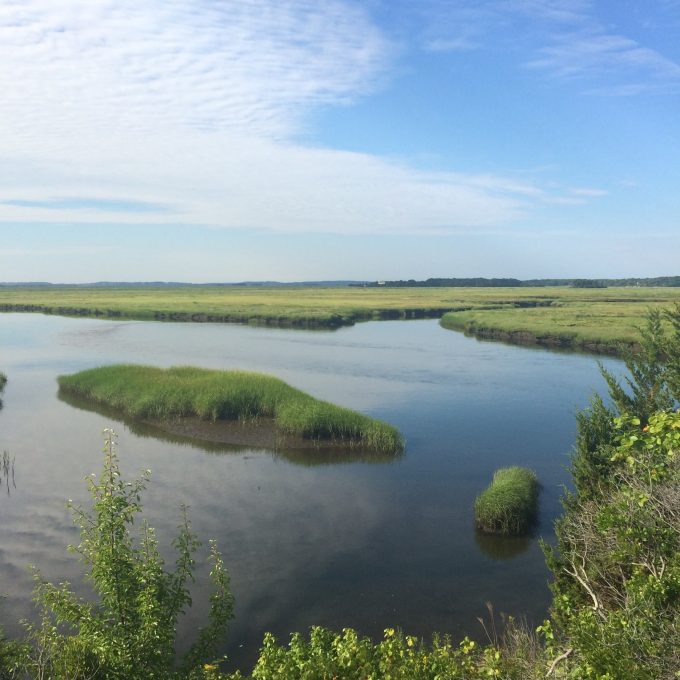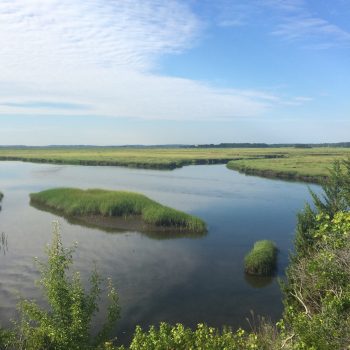 My quaint New England town nestles in the curve of a river. Unmanned farm stands, with a can for cash and hand-lettered signs, offer tomatoes, firewood, and organic onions. My business is called Vegan Farm Stand.
My quaint New England town nestles in the curve of a river. Unmanned farm stands, with a can for cash and hand-lettered signs, offer tomatoes, firewood, and organic onions. My business is called Vegan Farm Stand.
I wanted to root it in my local area. It just felt right. There was an importance in the ground here. So for this blog post I wanted to speak about terroir in the vegan movement. Terroir is a wine term. It is the resonance of a specific natural terrain on the products that come from it, that support life and connect us to the earth on a very biological yet also an emotional level.
In France this concept is directly linked with gastronomy and French culture. Wine cultivator Randall Grahm argues, “An esteem for terroir makes us look at our land, and our custodianship of it, with deep respect.” Just like a Champagne made with the exact same techniques, but with grapes from Normandy can’t be called a Champagne, so can the “feel” of terroir only exist in the product created in its specific location with foods from that location’s land. We must think about this as vegans and embrace it to help our movement become more mainstream and accepted in smaller communities.
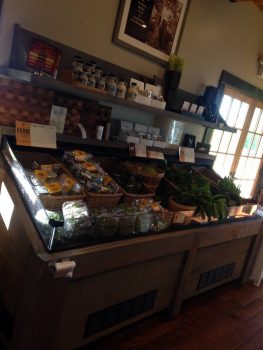 How do we develop a vegan concept of terroir? Eat and cook local, support farmers’ markets, and don’t lecture and judge omnivores. Tag local farms in recipes that we put on Instagram photos, talk to locals who produce our produce and tell them we are vegan and that we are using their products. The “v word” stops being something that could potentially be negative when the farmer realizes that this “vegan” is now “my neighbor.”
How do we develop a vegan concept of terroir? Eat and cook local, support farmers’ markets, and don’t lecture and judge omnivores. Tag local farms in recipes that we put on Instagram photos, talk to locals who produce our produce and tell them we are vegan and that we are using their products. The “v word” stops being something that could potentially be negative when the farmer realizes that this “vegan” is now “my neighbor.”
We create a kind of terroir when we make recipes from the fiddle ferns we found in the pitted, lopsided farm stand. We do it when we ask the local brewer to speak at our events to talk about their beer, and when we pick up the peach jam made with regional peaches from the local store, and we thank them for stocking some ingredients that we usually have to drive to Whole Foods to get.
And when we meet our students where they are, our actions create echoes. Recently in one of my cooking classes, two locals arrived. “I am a carnivore and I’m having a steak after this, when I get home!” one stated in front of the whole class..
“No problem” I said “At least you’ll get your vegetables beforehand.”
I felt a bit nervous. Was he just joking or was he trying to communicate something to me?
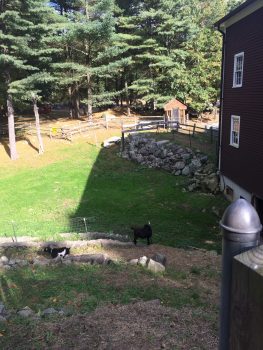 We began cooking. Most of my students were not vegetarian or vegan but they were headed in that direction. However, I could not relax. I kept anxiously regarding “the carnivore.” I was a bit worried that he would balk at the animal-free recipes and the ingredients: produce from the farmers’ market, some local maple syrup, a suggestion for where to buy wine locally…all these had been included in my instructions.
We began cooking. Most of my students were not vegetarian or vegan but they were headed in that direction. However, I could not relax. I kept anxiously regarding “the carnivore.” I was a bit worried that he would balk at the animal-free recipes and the ingredients: produce from the farmers’ market, some local maple syrup, a suggestion for where to buy wine locally…all these had been included in my instructions.
I should not have worried: he was an excellent student, took his mushroom sauteeing duties very seriously and went back for two piled plates of our plant-powered meal after. I hoped, as he left, that he was not going to eat that steak, but I couldn’t be sure.
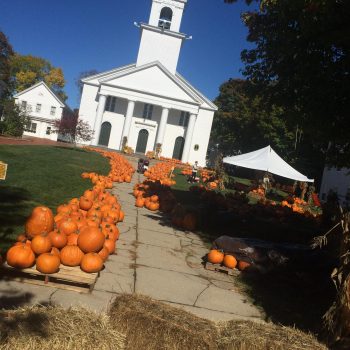 The next day I tentatively opened a Facebook notification and was shocked to see a 5 out of 5 review listed from “the carnivore.” I like to think that he had felt connected to our special town and all of us cooking and enjoying our terroir in an 150 year old mill near the Powow river where Native American arrowheads still rest in the silt.
The next day I tentatively opened a Facebook notification and was shocked to see a 5 out of 5 review listed from “the carnivore.” I like to think that he had felt connected to our special town and all of us cooking and enjoying our terroir in an 150 year old mill near the Powow river where Native American arrowheads still rest in the silt.
When we embrace locavorism in a specifically vegan manner by eliminating the cruel aspects of it, but keeping the kind, and when we educate those locally to connect with the earth and what it offers, we create a type of terroir that is aligned with our movement. In doing so, we strengthen our connection to not only the earth, but to our local communities.

LeAnn Lewis is the owner of Vegan Farm Stand a vegan lifestyle coaching and culinary training company in Amesbury, MA. She recently was certified through Main Street Vegan Academy. Her cooking focuses on global-fusion recipes, as she has lived and taught abroad in Spain, Japan, Argentina, and France as an English language instructor. In her spare time she enjoys teaching French at a local high school, working on a novel with a vegan protagonist, and dancing tango.

